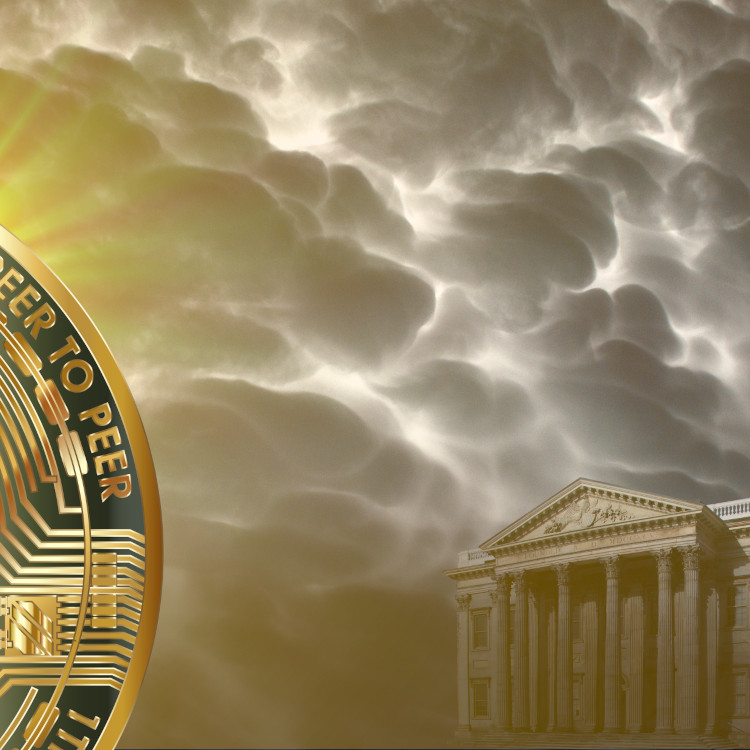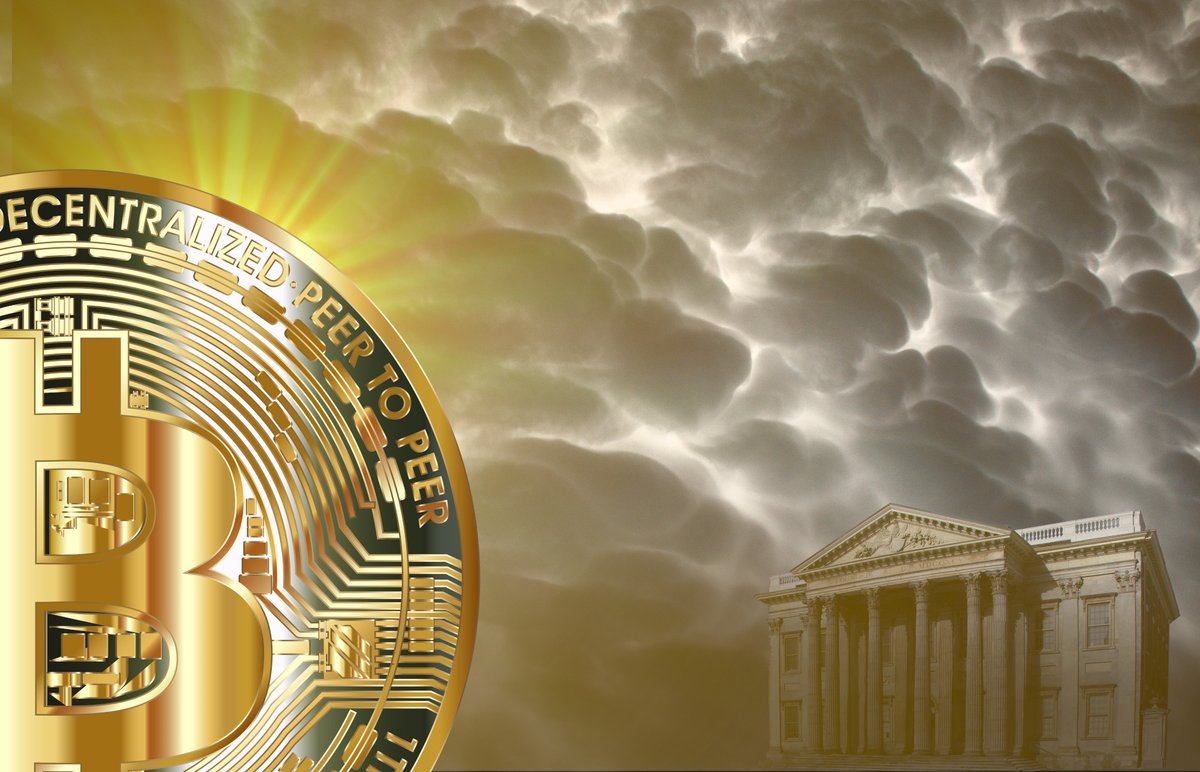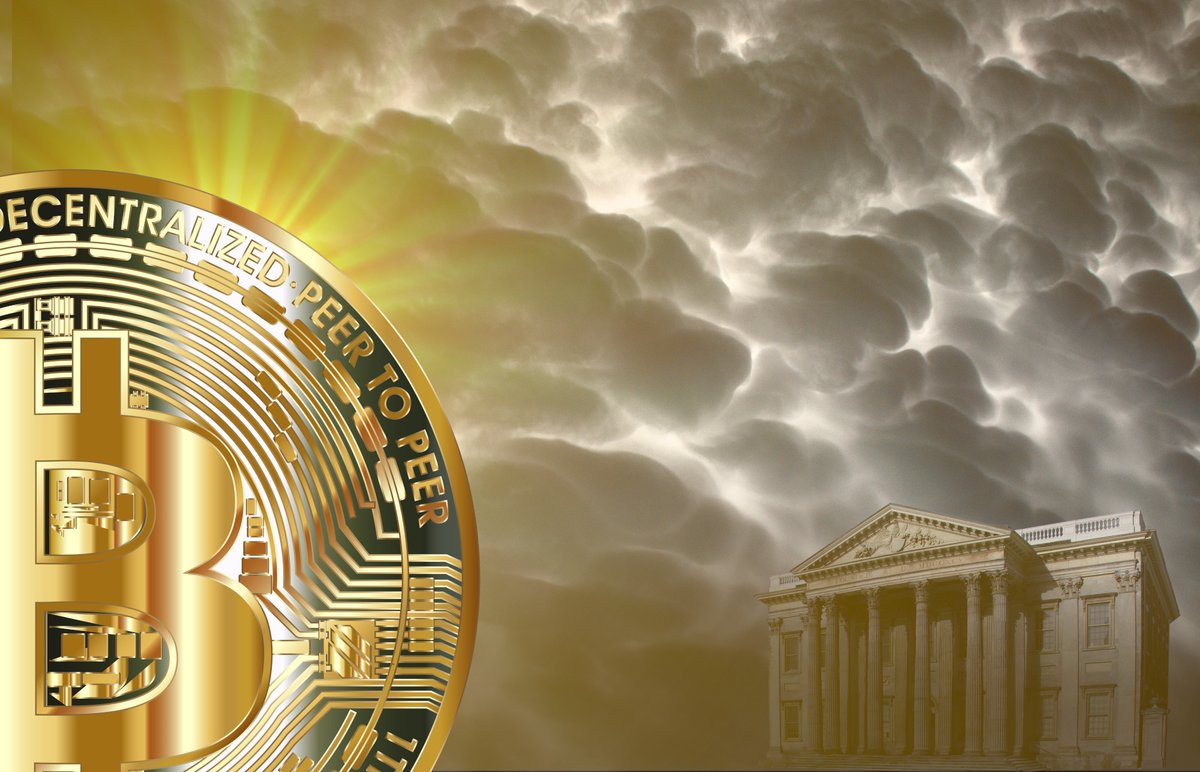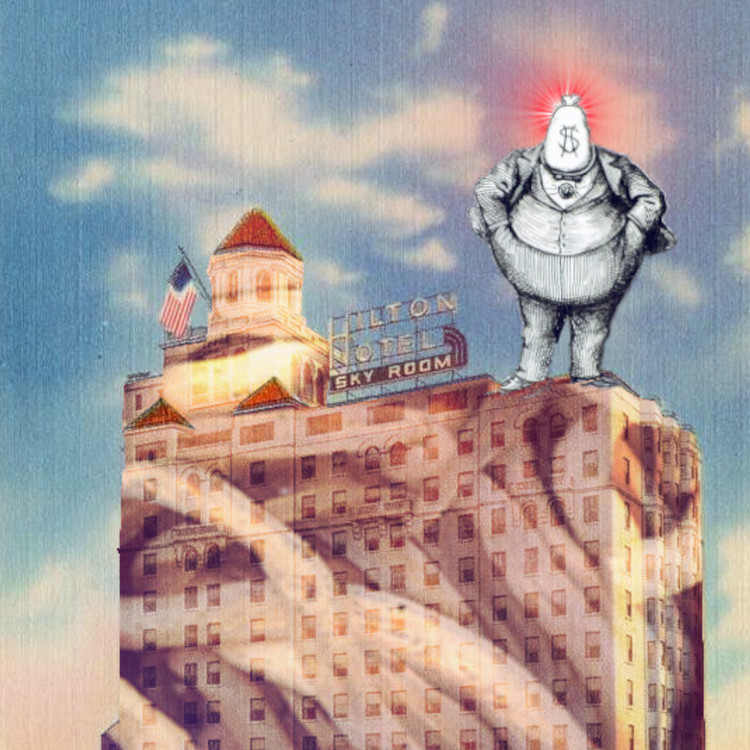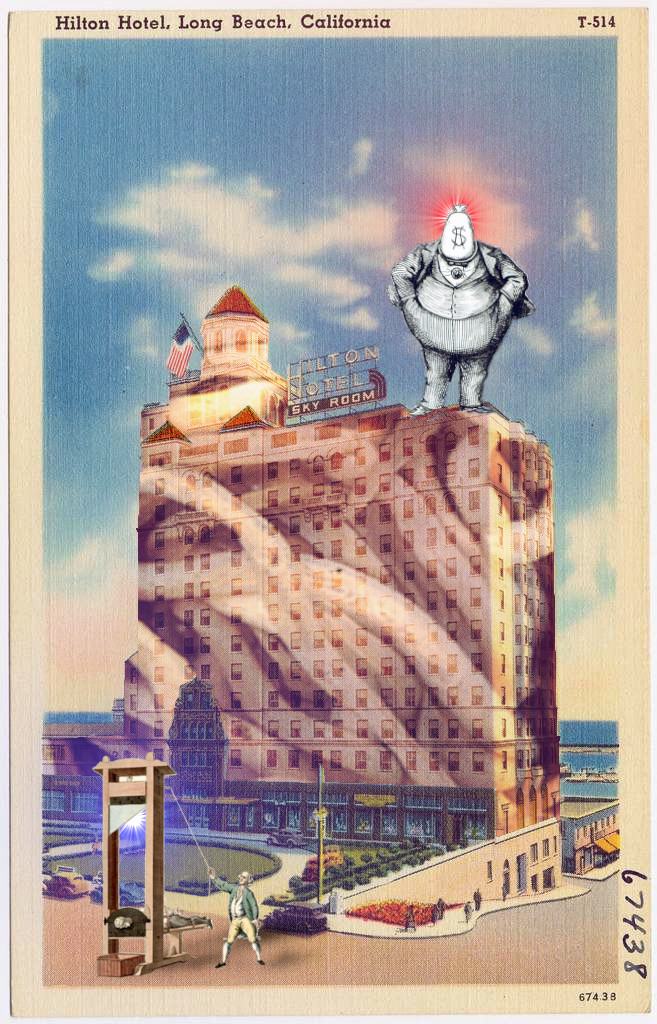
This week on my podcast, I read my @Medium column "We Should Not Endure a King: Antitrust is a political cause, not an economic one," an essay addressed to my fellow leftists who are skeptical of antitrust as a "market" solution.
marker.medium.com/we-should-not-… 1/
marker.medium.com/we-should-not-… 1/

If you'd like an unrolled version of this thread to read or share, here's a link to it on pluralistic.net, my surveillance-free, ad-free, tracker-free blog:
pluralistic.net/2022/02/28/rol… 2/
pluralistic.net/2022/02/28/rol… 2/
It's a perfectly reasonable fear. For the past four decades, the entire antitrust discourse has been about economics - about when a company's anticompetitive conduct is "inefficient," based on some complex mathematical formula. 3/
But that's not how antitrust *works*, it's how it was *made to fail.* Antitrust has its origins in *politics*, not economics. 4/
When Senator John Sherman (of "Sherman Act" fame) exhorted his fellow senators to pass his bill, he said, "If we will not endure a King as a political power we should not endure a King over the production, transportation, and sale of the necessaries of life. 5/
"If we would not submit to an emperor we should not submit to an autocrat of trade with power to prevent competition and to fix the price of any commodity." 6/
Sherman was responding not to the economic power of the robber barons, but their political power - not their ability to decide what to buy and sell, but to decide how millions of people lived their lives. 7/
He understood that the robber barons had usurped the power of democratically accountable legislatures, and, moreover, had set themselves against democracy itself. 8/
Monopolists are, by definition, a small group of people with a lot of money. The smaller the group, the easier it is for them to find consensus. When that small group is rich, they can put that consensus into motion. 9/
Money is power, after all, so when all the money is in a very small number of hands, then so is all the power.
The ability of oligarchs to usurp the power of the state is hardly controversial. 10/
The ability of oligarchs to usurp the power of the state is hardly controversial. 10/
Thomas Jefferson was furious that his proposal to put antitrust in the Bill of Rights was struck down, because he felt that democratic governance would not survive the assault of concentrated private power:
founders.archives.gov/documents/Madi… 11/
founders.archives.gov/documents/Madi… 11/
The point of using antitrust to foster competition isn't to perfect markets - it's to weaken industry. An industry made up of many competing SMEs is easier to regulate, because it shatters into unstable factions that can be pitted against one another. 12/
In other words, antitrust is political, not economic.
But 40 years ago, fabulists from the University of Chicago School of Economics sold a bizarre conspiracy theory about the True Meaning of Antitrust. 13/
But 40 years ago, fabulists from the University of Chicago School of Economics sold a bizarre conspiracy theory about the True Meaning of Antitrust. 13/
They argued that if you read the Sherman Act and its legislative successors closely enough, you'd learn that Congress never wanted to tame the political might of tycoons - rather, they simply wanted to ensure that whatever monopolies did form were "efficient." 14/
In other words, they wanted an antitrust that permitted "kings over production," provided they were *wise and benevolent* kings.
This is just wrong. Obviously, very, wrong. The plain language of the laws made that clear, as did the speeches of the lawmakers that passed them. 15/
This is just wrong. Obviously, very, wrong. The plain language of the laws made that clear, as did the speeches of the lawmakers that passed them. 15/
If there was any doubt, we can settle it by looking at the record of this Chicago-style antitrust rule.
After 40 years of heeding the counsel of Chicago School economists, we have an oil industry that is so powerful it can roast the planet with impunity. 16/
After 40 years of heeding the counsel of Chicago School economists, we have an oil industry that is so powerful it can roast the planet with impunity. 16/
We have a tech industry addicted to the wholesale harvesting (and breaching) of our most sensitive personal data - and no federal privacy law. 17/
We have shippers consolidated into four cartels who keep building bigger and bigger ships, ignoring the objections of experts who warn that they're gonna get stuck in the Suez Canal. 18/
We have a war industry consolidated into five giant companies that gets a literal blank check from Congress every year, while the Child Tax Credit is cut off because it's "living beyond our means." 19/
Our legislatures are in thrall to concentrated monopoly power. Year after year, legislatures find it ever-harder to pass legislation with popular support. Today, it's effectively impossible to pass a law if the business lobby doesn't support it:
cambridge.org/core/journals/… 20/
cambridge.org/core/journals/… 20/
The right stole antitrust. They sold the idiotic conspiracy theory that the only reason to promote competition was to create "efficiency." They convinced us that politics had no place in antitrust. They lied and it's killing us. 21/
Today, antitrust is surging. It's even picked up support from the GOP, at least insofar as some of the great slime-creatures of the MAGA right have committed themselves to tech trustbusting in revenge for deplatforming their favorite demagogues. 22/
The irony is that they're not wrong to worry about a handful of executives having the power to shape our discourse. Big Tech truly does have an unaccountable dominion over our public square:
eff.org/deeplinks/2021…
But don't let Ted Cruz fool you. 23/
eff.org/deeplinks/2021…
But don't let Ted Cruz fool you. 23/
If Big Tech would reinstate Trump and Alex Jones, he'd go back to his lifelong love-affair with concentrated corporate power. 24/
It's not just Trumpy Republicans who have found antitrust religion. Telecoms companies and entertainment cartels today style themselves as antitrust warriors - but only to the extent that they want to weaken Big Tech and divide it up among themselves. 25/
Telco and studio lobbyists and GOP populists are making a very foolish bet. They think they can wake antitrust from its 40-year coma, use it to tame Big Tech, and then euthanize it. They're wrong. 26/
Monopoly power has hurt so many people, in so many ways, that any political proof that we can shatter cartels will embolden the public to move on from tech to every other concentrated industry. First we take Googbook, then we take Universal-Comcast and Goldman Sachs. 27/
The right tricked the left into thinking that antitrust is their tool. If we buy into that fantasy, we surrender of the most powerful weapons in our arsenal for fighting oligarchy. 28/
Here's the podcast episode:
craphound.com/news/2022/02/2…
Here's a direct link to the MP3 (hosting courtesy of the @InternetArchive, they'll host your stuff for free, forever):
archive.org/download/Cory_…
And here's the RSS for my podcast:
feeds.feedburner.com/doctorow_podca… 29/
craphound.com/news/2022/02/2…
Here's a direct link to the MP3 (hosting courtesy of the @InternetArchive, they'll host your stuff for free, forever):
archive.org/download/Cory_…
And here's the RSS for my podcast:
feeds.feedburner.com/doctorow_podca… 29/
• • •
Missing some Tweet in this thread? You can try to
force a refresh


